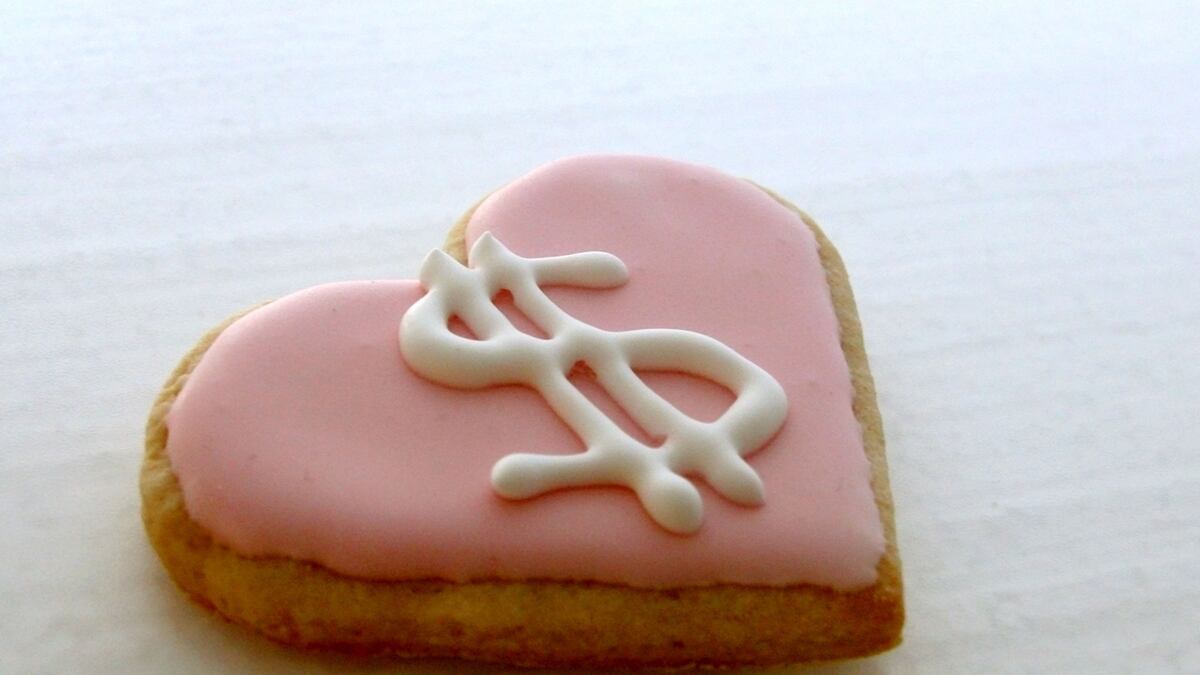American adults downed an average of 6,000 calories on Christmas day—and are now living to regret their feasts. That means each adult consumed in that one day the calories recommended for a single adult for three days. And given that many Americans watched their food intake carefully, many other Americans consumed on Christmas enough calories for several adults, if not an SUV full of them. Much of the excess calories will, of course, be packed on top of people’s already excessively padded butts and guts.
How to make amends? The easy answer all too many nutritionist and fat experts give is to seek a “negative energy balance,” which is to professional jargon for the obvious, eat less than you expend. Well, duh! I dare say all but brain-dead Americans know that.
Many Americans will return to diets they used before, most of which haven’t worked (judging by Americans’ continuing expanding waistlines). Let me proposed a new approach to dieting that draws on two solid economic propositions:
First, “demand curves slope downward,” which is to say that if the price of food goes up, the quantity consumed will go down.
Second, “incentive matters,” which is to say that successful diets require some real or imagined gain that exceeds any pain associated with weight loss.
What dieting advice plays to these long-tested economic dictums? Let me give you my top 10 dieting tips that fall out of my economic analysis of the country’s excess-weight problems:

First, settle on the amount of weight you want to lose, say, by Christmas. Then, agree to pay someone, preferably someone you don’t like, $500 (or $1,000) if you have not lost the desired weight by Christmas Eve. The pledged payment will immediately raise the price of calorie-rich combo meals at fast-food restaurants and provide a reward for running an extra mile, literally.
Second, if wine consumption is a contributor to your excess weight, buy more expensive wine, because the higher price will cause you to sip the wine more slowly and cause you to down fewer glasses. Ditto for eating out. Commit to going to more expensive restaurants. You will tend to get smaller and healthier portions and forgo the high-priced desserts.
Third, recognize that out-of-home meals generally are more fattening than in-home meals. Agree on a tight monthly budget for eating out and put the budgeted amount of cash in an envelope. The budgeted cash will raise the cost of meals out, because they will force you to assess the cost of going out today in terms of giving up meals out later in the month.
Fourth, many Americans use credit cards to pay for food for an obvious reason: they make the immediate cost of food “feel” cheaper. Raise the perceived cost of food purchases by committing to using only cash.
Fifth, if you have a candy bowl with leftover Christmas goodies on your office desk, place it as far away as you can in your office. Better yet, put the bowl on someone else’s desk down the hall, which will increase the walking “price” of snacking.
Sixth, researchers have found that people who use large dinner plates eat larger portions than people who use small plates. Throw out your 12-inch plates and replace them with 10-inch plates. Better yet, use your salad plates for dinners.
Seventh, people who have fat friends tend to be fat themselves, and tend to gain more weight than people with thin friends, mainly because weight has a lower psychic cost when all around are heavy. Make thin friends, exactly because they will make you feel fatter.
Eighth, people eat more when they go to eat with people of the same sex, presumably because they are not trying to attract them as sexual partners and mates. Increase the frequency you eat with people of the opposite sex.
Ninth, we all are inclined to put our trimmest pictures on our Facebook sites. Put your most unflattering and fattening pictures up for all to see. Such postings will increase the incentive you have to lose weight and post new, thinner pictures.
Tenth, join a gym that has a high upfront investment and low monthly payment, or low payment per visit. The low marginal cost will encourage you to work out more often.
Frankly, there are a multitude of ways to lose those Christmas calories, and then some. The key is to find ways to make food more expensive (in real or perceived ways) and to find a payoff for controlling the calorie intake.






